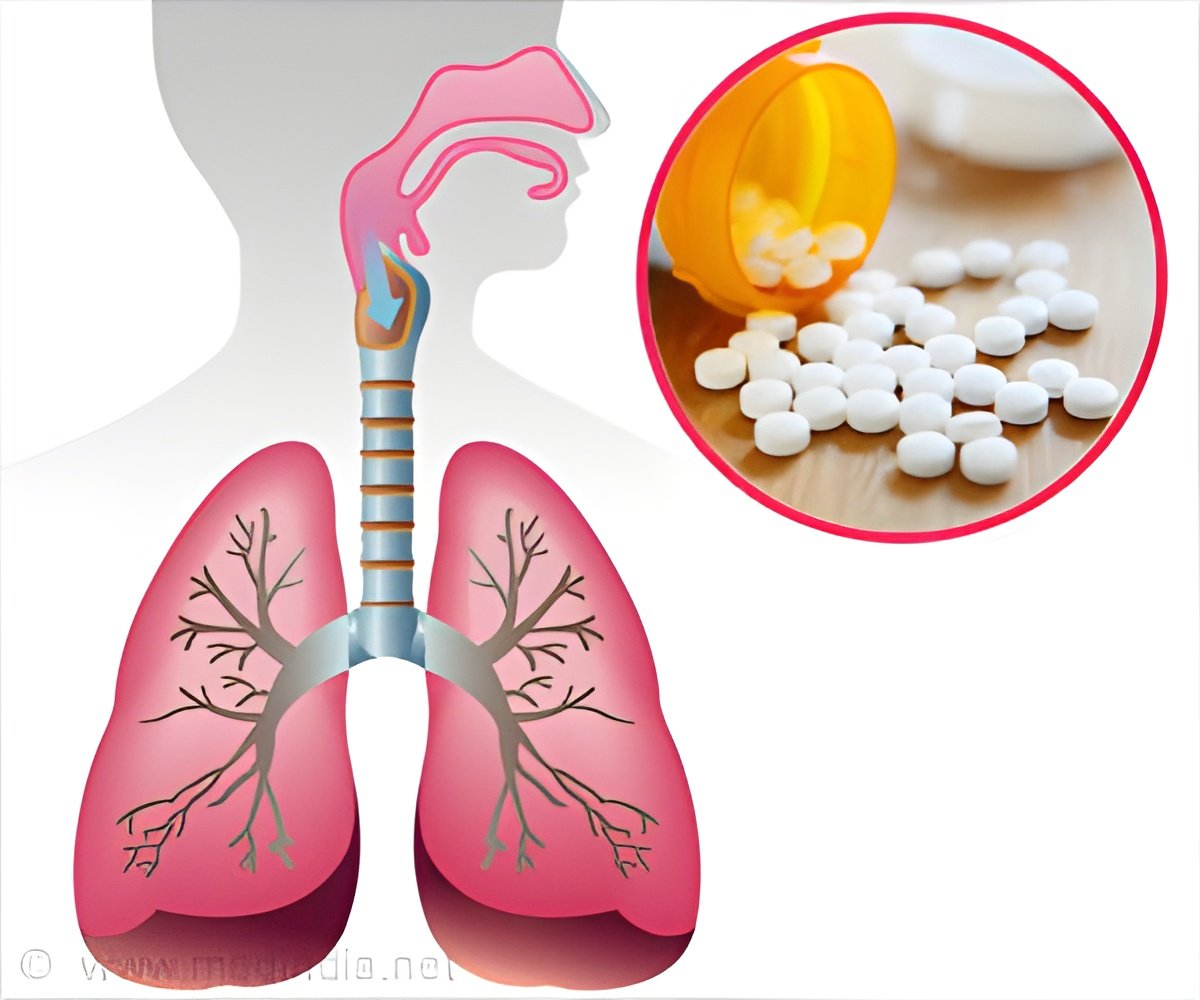In the treatment of ALK positive non small cell lung cancer (NSCLC), first line agents lorlatinib and crizotinib showed no clinically meaningful or statistically significant differences.

‘According to a phase III CROWN study’s, first line agents lorlatinib and crizotinib in the treatment of ALK positive non small cell lung cancer (NSCLC) showed no clinically meaningful or statistically significant differences.’
Read More..




Lorlatinib is a third generation ALK inhibitor that has significantly improved progression-free survival when compared to crizotinib in patients with previously untreated advanced ALK-positive NSCLC.Read More..
The detailed result of patient reported outcomes (PROs) was presented by Dr. Julien Mazieres, Toulouse University Hospital, in Toulouse, France.
296 patients with ALK positive NSCLC were enrolled in the trial and were randomly assigned to receive either lorlatinib or crizotinib. The PROs were assessed by using EORTC QLQ-C30 and QLQ-LC13, and the EQ-5D-5L assessments in order to rate the health-related quality of life (QOL) of patients with cancer participating in international clinical trials. All the patients completed on the first day of each cycle (28 days) through end of treatment.
The team measured the time to treatment deterioration (TTD) in pain in chest, dyspnea, and cough and compared these results between the two treatment arms. There was no clinically meaningful or statistically significant differences between treatment arms.
However, for diarrhea both a clinically meaningful and statistically significant difference favoring lorlatinib were seen.
Advertisement
Dr Mazieres said, “Time to treatment deterioration for lung cancer symptoms was comparable between treatment arms. Improvements in lung cancer symptoms were seen early and clinically meaningful improvements in cough were detected in [patients who received] lorlatinib. Patient-reported outcomes in phase III CROWN support the improved PFS and are consistent with safety/tolerability of lorlatinib relative to crizotinib.”
Advertisement















